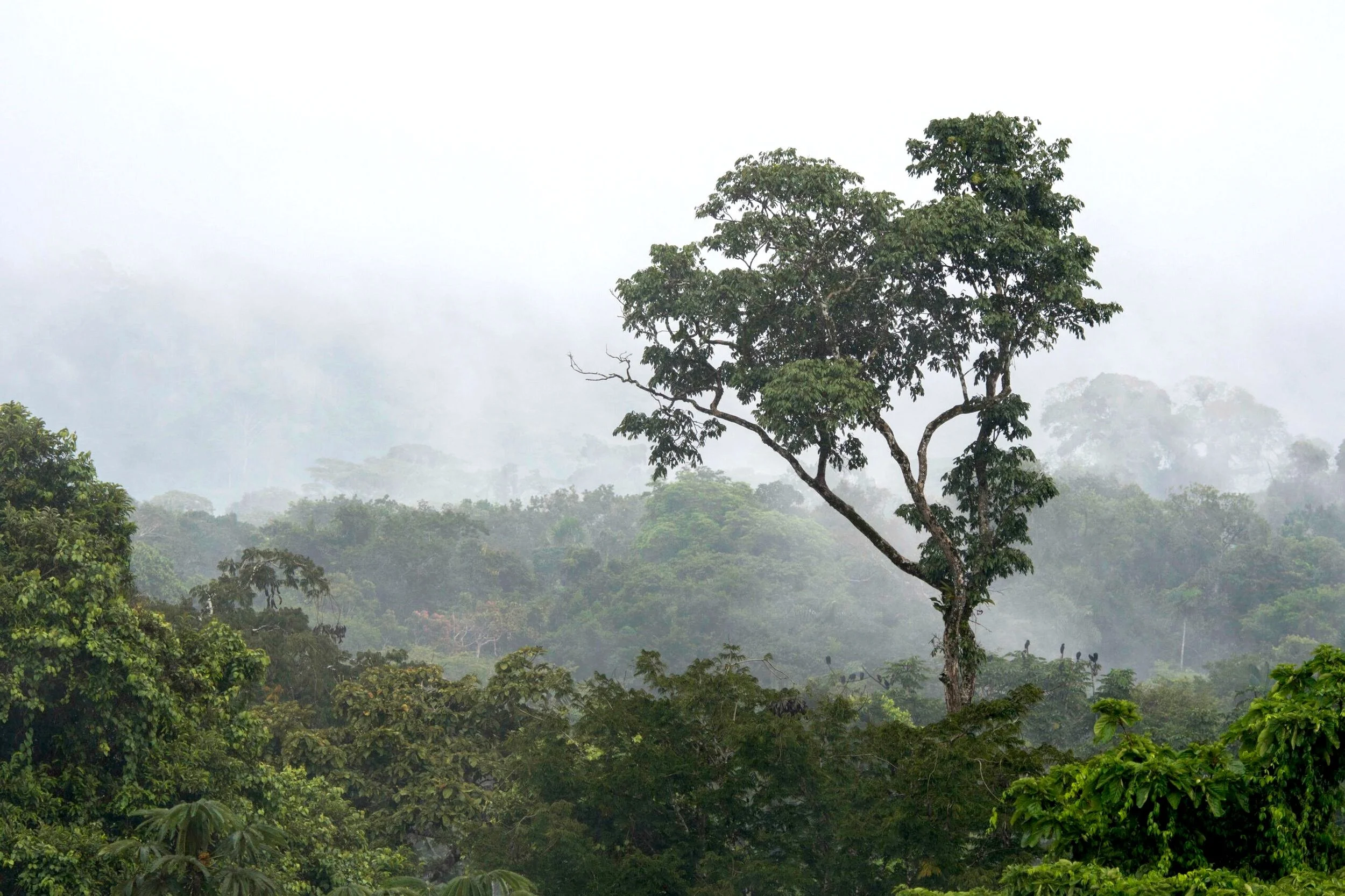The Covenant
The Covenant
By Winona LaDuke
In the deepest of winter, is a time to be grateful to listen. Maybe it is the sound of ice cracking on the lake, or the muffle and silence of the snow, burying deep the many things left in the yard.
The harvests are in, and the wood stove needs tending.

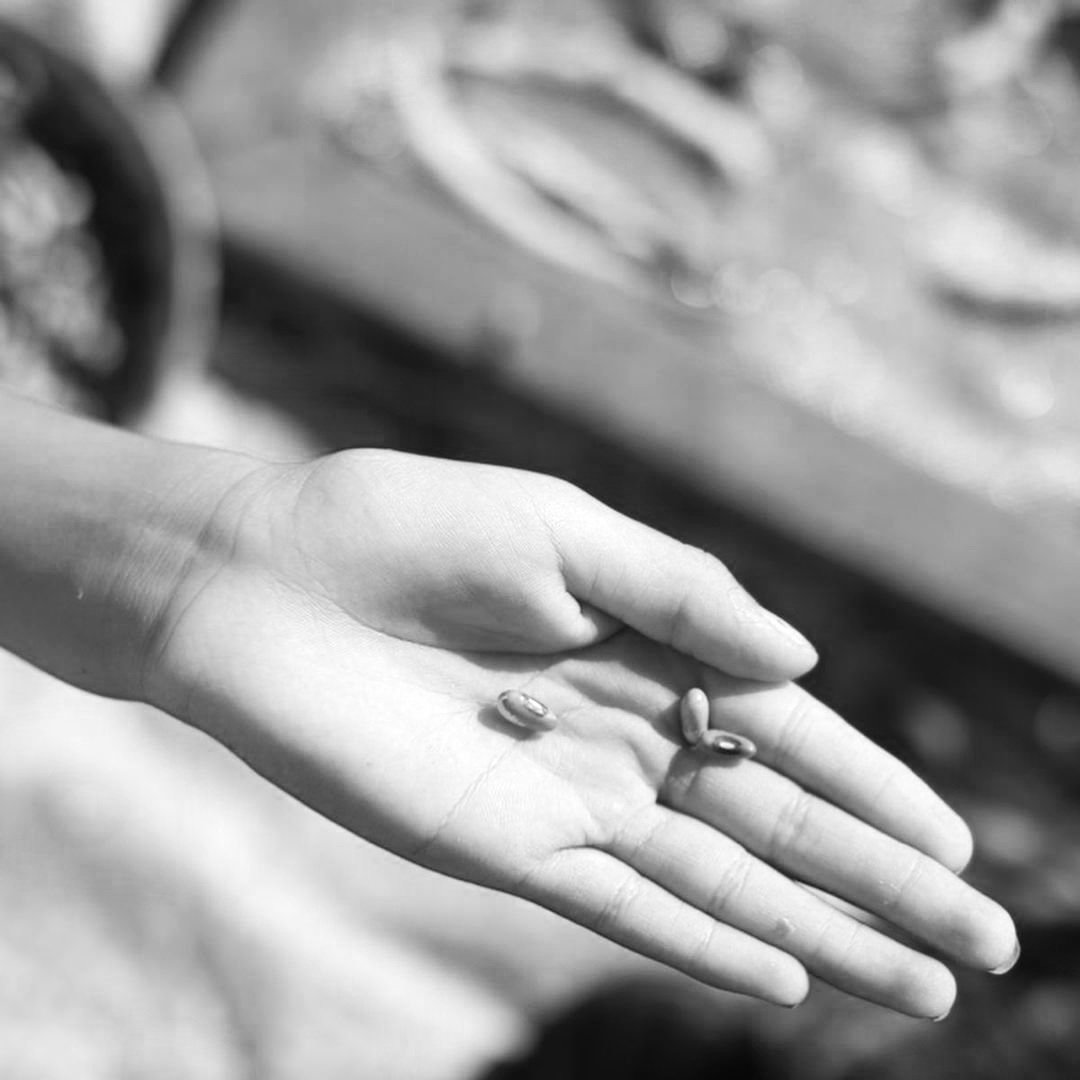
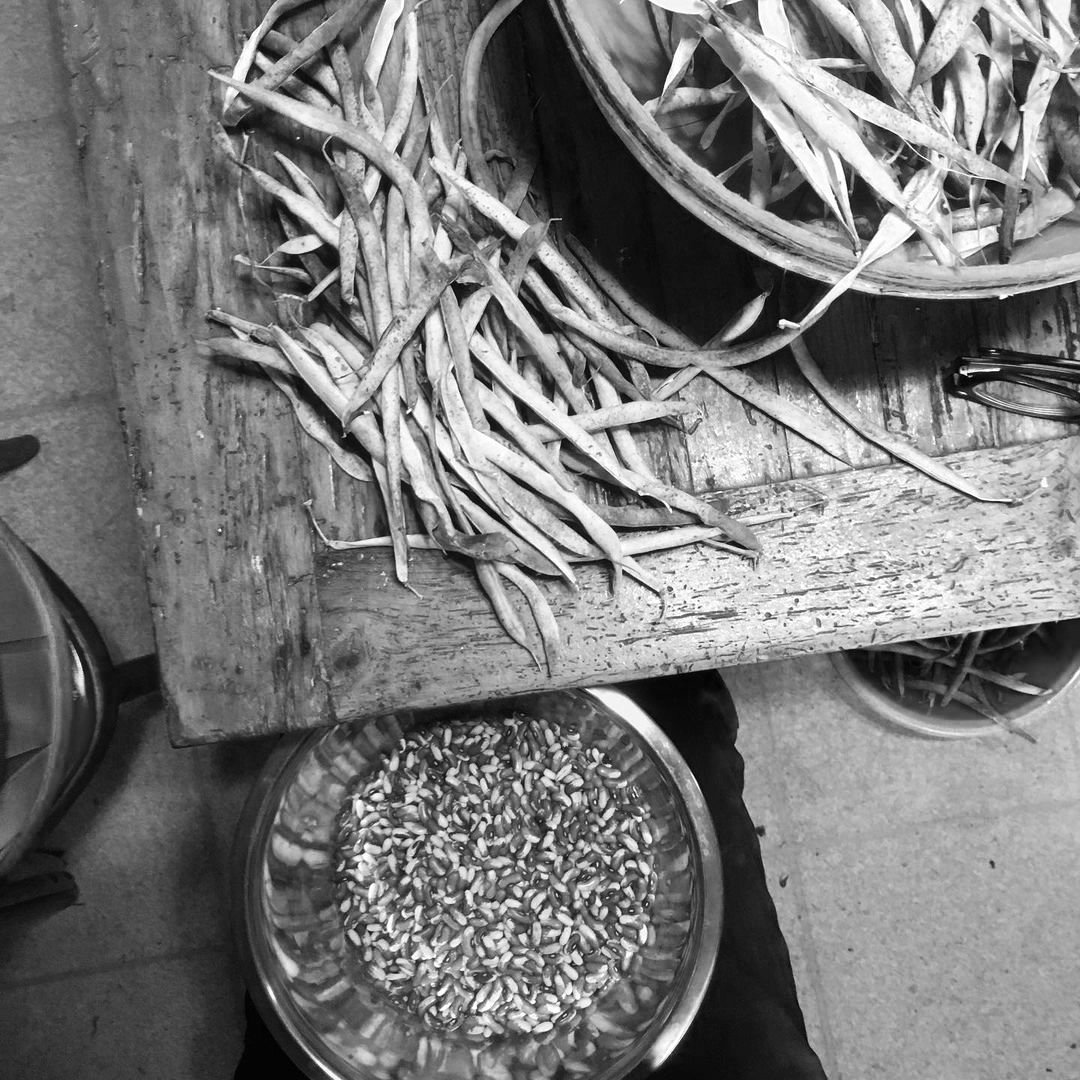
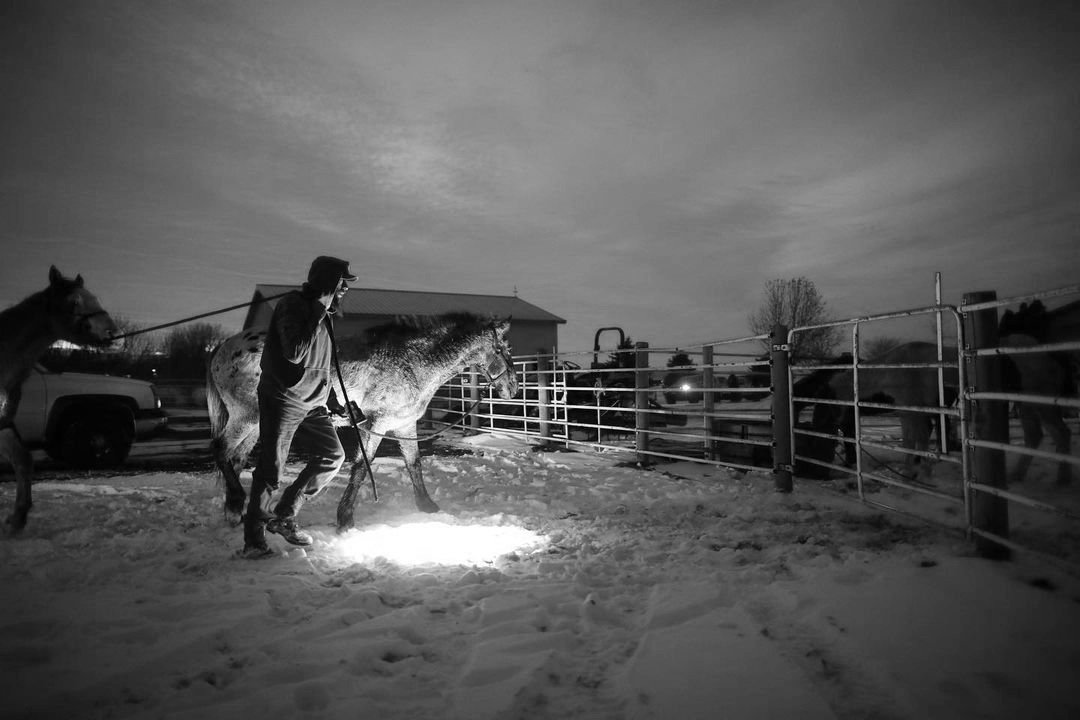
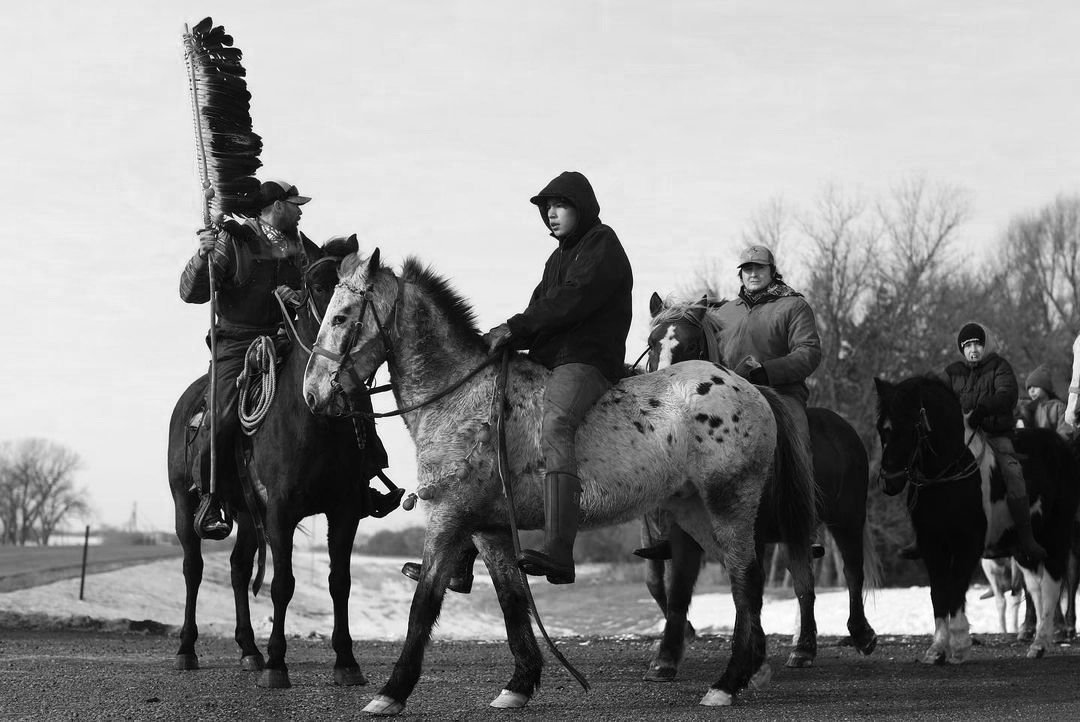
Mother Earth is, in the north country, or Giiwedinong, telling us to take a breath, and tell aadizookaan, or sacred stories, take to the arts of weaving, quillwork or maybe just a reflection.
That’s quite a bit different than the teachings of shopping. I, like many, rankle at the overconsumption and find myself returning to the teachings, softness and wonder of a new snowfall. At our core, we don’t live in a shopping mall, or on Amazon. The Amazon is a place in the world, not just a Prime account.
She is a living being, a river and a world.
Jeff Bezos is not protecting the Amazon, he’s headed to space. On Dec. 4, the Constitutional Court of Ecuador ruled that a Canadian mining corporation’s proposal to mine in a protected area violated the rights of nature. Seven justices voted in favor and two abstained.
“[T]he risk in this case is not necessarily related to human beings … but to the extinction of species, the destruction of ecosystems or the permanent alteration of natural cycles,” Judge Agustín Grijalva Jiménez wrote.
Ecuador’s constitution recognizes the rights of “Pachamama,” or Mother Earth, to exist and to “maintain and regenerate its cycles, structure, functions and evolutionary processes.”
In 2008, the country was the first in the world to enshrine the rights of nature in a constitutional document, affording nature the highest form of legal protection.
The legal systems are changing, as legal rights which have been accorded corporations (considered natural persons under the law in the United States) are seen to be not only inequitable, but wrong.
And, indeed, the very foundation of some of American, British and other colonial legal canons is — based on precepts like “Doctrine of Discovery” or “Terra Nullius” (Latin for “empty land”) the idea that no one was in the Amazon, or the Northwoods before a white man showed up — are being turned on their head. Indeed, one only needs to ask the philosophical question “Is a corporation a person?” to come up with the answer. No, a corporation cannot be a person because a person has a soul, and a corporation does not. And, despite the trappings of “regulations” the fact is, that if you cannot drink the water, your regulations are, well, impotent.
The Ecuadorian case is not alone.
On Aug. 5, an action was filed in the White Earth Tribal Court by Manoomin (wild rice), which has legal standing in the Anishinaabe regulatory system.
That’s the same as Ecuador. Manoomin versus Minnesota DNR alleges that the Minnesota Department of Natural Resources violated the rights of the wild rice in the 1855 treaty territory and beyond, when the DNR allocated Enbridge 5 billion gallons of water from our then parched land, to provide Enbridge with enough water to drill our rivers, and contaminate them.
The fact is an aquifer breached in Clearwater County (l00,000 gallons of water a day are gushing out of the hole Enbridge made), and we have no idea how much water they’ve used.
And, it appears that the state of Minnesota does not care. This is the first case brought in a tribal court to enforce the rights of nature, and the first rights of nature case brought to enforce treaty guarantees.
In December 2018, the White Earth Tribal Council adopted a “rights of manoomin” law. The law begins:
“Manoomin, or wild rice, within all the Chippewa ceded territories, possesses inherent rights to exist, flourish, regenerate, and evolve, as well as inherent rights to restoration, recovery, and preservation.” Indeed, attorney Dale Greene Jr. said, “It’s logical to give rights to plants, animals and the natural world, because the Ojibwe worldview holds that everything in nature is a spiritual being, and there is an acknowledged relationship with humans. “I sometimes call it a covenant,” he said. “They’re providing life to us. It just makes perfect sense that it’s a living, providing, spiritual being, in the form of water or food.”
This is how the world changes. Legal and regulatory systems set up to strengthen corporations and take from Mother Earth are being challenged internationally. And, as surely as slavery, which was once legal is abhorred. The world is changing.
In this time remember the words of the great Indian writer, Arundhati Roy: “Another world is not only possible, she is on her way. On a quiet day, I can hear her breathing.”
“Mother Earth is, in the north country, or Giiwedinong, telling us to take a breath, and tell aadizookaan, or sacred stories, take to the arts of weaving, quillwork or maybe just a reflection.”


